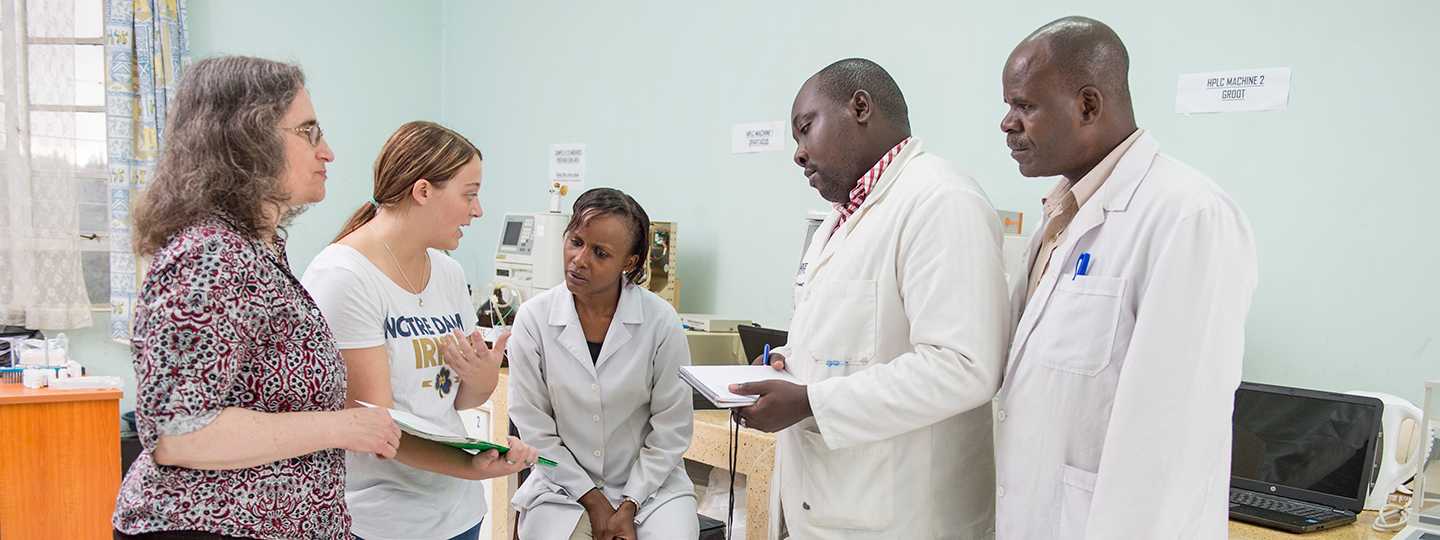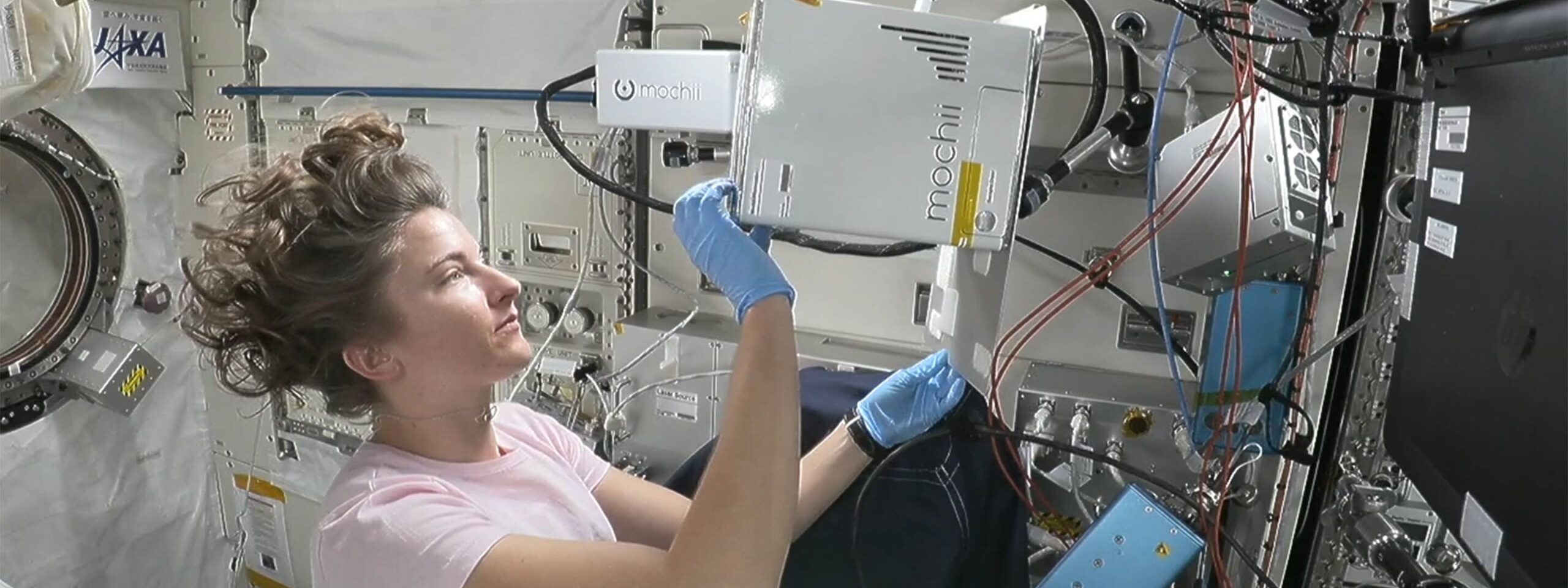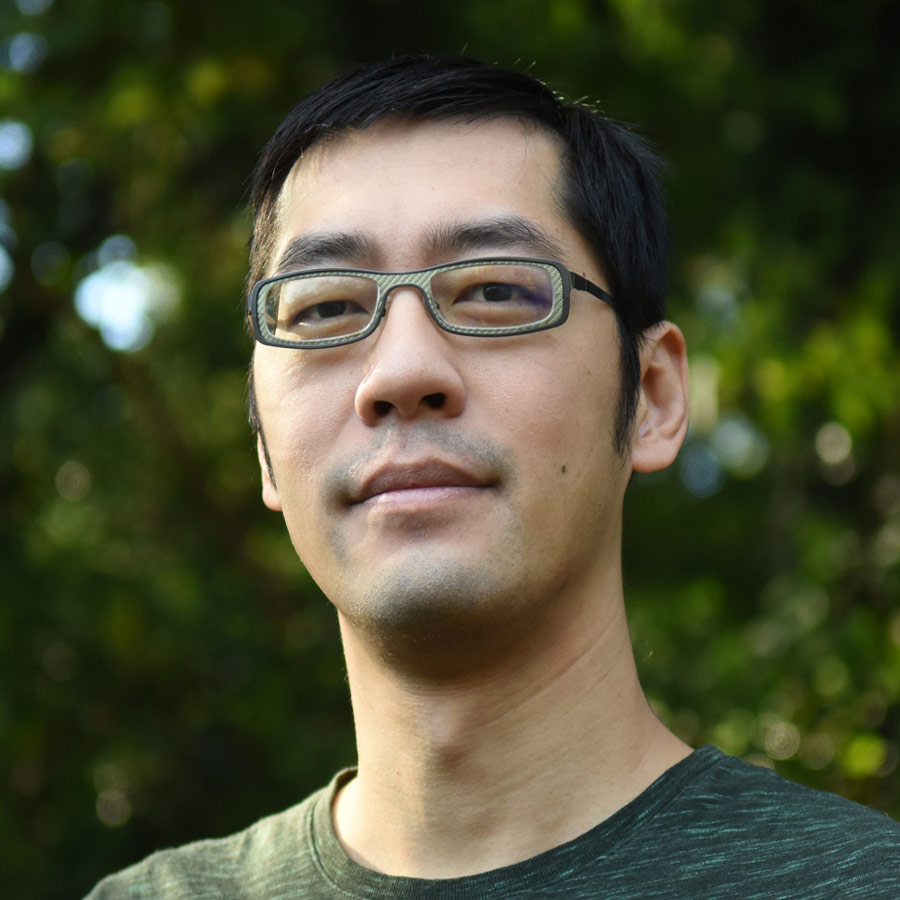THE CHALLENGE
When the COVID-19 pandemic first took hold, testing was a problem. Trying to do PCR tests, which are more accurate than rapid tests, took a toll on clinical laboratories. There simply weren’t enough tests, materials or sheer manpower to run them all, while also managing to get doctors’ results in a timely manner.
Faster, more accurate tests were a critical need.
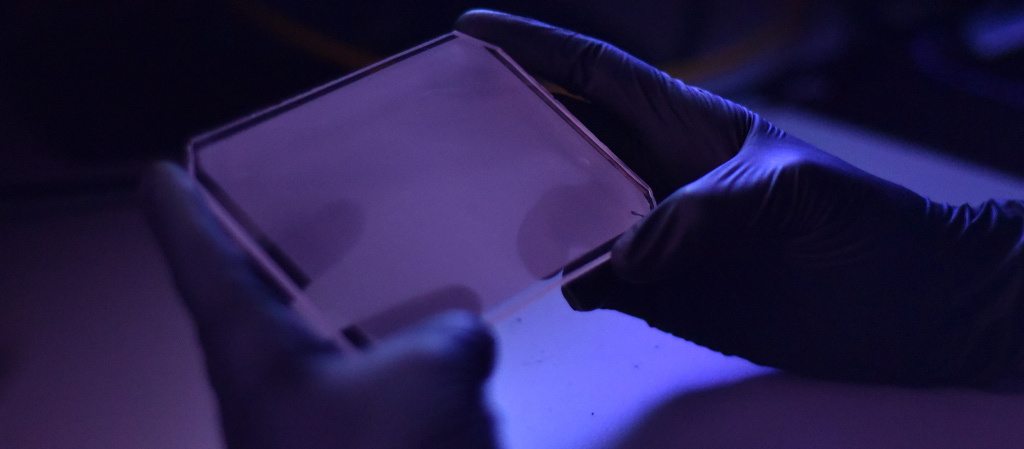
The SOlution
Hertz Fellows Cameron Myhrvold and Cheri Ackerman applied the testing platform CARMEN, which stands for Combinatorial Arrayed Reactions for Multiplexed Evaluation of Nucleic acids, to COVID-19.
The platform, which uses CRISPR gene-editing technology, was first developed in 2018 to test for a bunch of different viruses at the same time. For COVID-19, they used CARMEN to take samples from nasal swabs from up to 180 individuals, and tested each individual for nine common viruses that affect the lungs, including COVID-19. Results were returned in a day, where PCR tests at the time were taking, at least, five days.
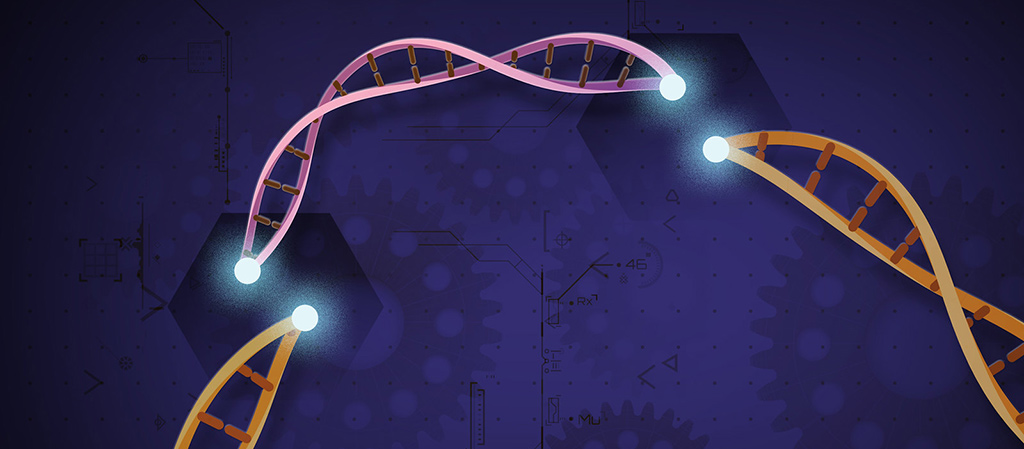
THe Impact
Switching CARMEN to test nasal samples so quickly, and at scale, showed that CARMEN had potential for infectious disease detection. The CRISPR technology is also being further studied for how it can be used to detect and destroy viruses, and how to study RNA more broadly.
“The reason we developed a lot of the things we developed is to have them used by other people,” said Myhrvold. “Seeing it actually get out there is very rewarding.”
“The reason we developed a lot of the things we developed is to have them used by other people. Seeing it actually get out there is very rewarding.”
Dario Amodei
Co-Founder and CEO, Anthropic






